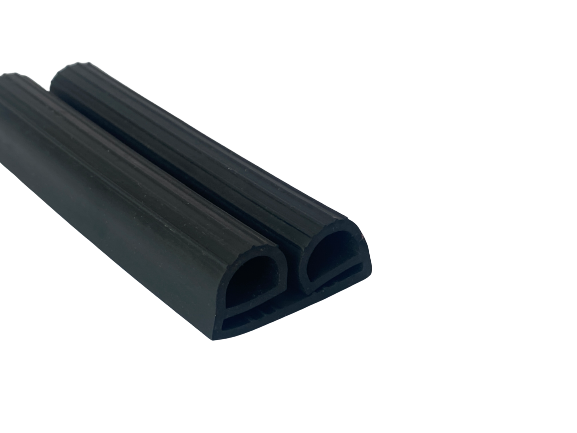Dec . 11, 2024 10:40 Back to list
Top Manufacturers of Rubber Sealing Strips for Various Applications and Industries
Exploring the World of Rubber Sealing Strip Manufacturers
Rubber sealing strips play a crucial role in various industries, providing essential solutions for sealing, insulation, and protection against environmental elements. From automotive to construction and consumer products, these versatile strips are manufactured to serve a wide array of applications. In this article, we will delve into the intricacies of rubber sealing strip manufacturers, exploring their products, processes, and significance in today’s industrial landscape.
Understanding Rubber Sealing Strips
Rubber sealing strips are flexible components made from synthetic or natural rubber compounds. They are designed to fill gaps, preventing the ingress of water, dust, air, and sound. These strips come in various shapes, sizes, and profiles to suit specific applications, ensuring a tight and secure fit. Common types of rubber sealing strips include door seals, window seals, and trunk seals, each crafted to meet stringent performance criteria.
The Role of Rubber Sealing Strip Manufacturers
Rubber sealing strip manufacturers are pivotal in the supply chain, transforming raw rubber materials into effective sealing solutions. Their expertise lies in the precise formulation of rubber compounds, which must possess the right balance of elasticity, strength, and durability. The manufacturing process often involves several steps, including
1. Material Selection Manufacturers choose appropriate rubber compounds based on the intended application. For instance, EPDM rubber is commonly utilized for outdoor applications due to its excellent weather resistance, while silicone rubber is favored for high-temperature environments.
2. Extrusion and Molding The selected rubber is then extruded or molded into specific shapes. Extrusion allows for continuous lengths of sealing strips with uniform cross-sections, while molding is ideal for more complex designs.
3. Curing (Vulcanization) This critical step involves heating the rubber to create cross-links between polymer chains, enhancing its strength and elasticity. Proper curing ensures that the sealing strips can withstand various stresses and strains.
rubber sealing strip manufacturers

4. Testing and Quality Control Manufacturers conduct rigorous testing to assess the performance of sealing strips. This includes evaluating factors such as temperature resistance, compression set, and tensile strength to ensure that the final product meets industry standards.
5. Customization Many rubber sealing strip manufacturers offer customization options to meet the unique needs of their clients. This includes variations in size, color, and rubber type, allowing businesses to tailor solutions for specific applications.
The Importance of Quality in Manufacturing
In industries where reliability and performance are paramount, the quality of rubber sealing strips cannot be overstated. A defective sealing strip can lead to leaks, energy loss, and increased maintenance costs. As such, manufacturers prioritize quality at every stage of production. They often pursue certifications such as ISO 9001, which demonstrates a commitment to maintaining high-quality standards.
Working with reputable manufacturers ensures that businesses receive products that not only comply with industry regulations but also enhance the efficiency and longevity of their applications. It is essential for companies to conduct thorough research when selecting a rubber sealing strip manufacturer, considering factors such as experience, customer reviews, and proof of successful projects.
The Future of Rubber Sealing Strip Manufacturing
As industries evolve, so too do the materials and technologies used in manufacturing rubber sealing strips. Innovations such as the incorporation of recycled rubber, advancements in molding techniques, and the development of smart sealing solutions are paving the way for more sustainable and efficient production processes. Additionally, the rise of automation and Industry 4.0 is enhancing manufacturers’ ability to produce high-quality products at competitive prices.
Conclusion
Rubber sealing strip manufacturers are vital players in the modern industrial landscape, providing solutions that are integral to a wide range of applications. Their expertise in material science, coupled with rigorous production and quality control processes, ensures that they deliver reliable and effective sealing solutions. As we move forward, embracing innovation and sustainability will be key to the continued success of rubber sealing strip manufacturing, ultimately benefiting industries and consumers alike.




